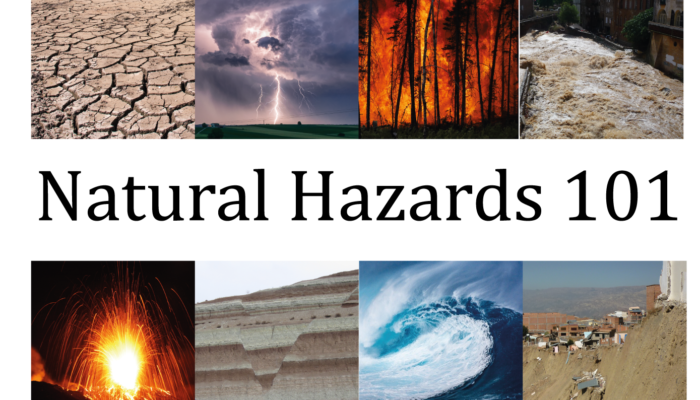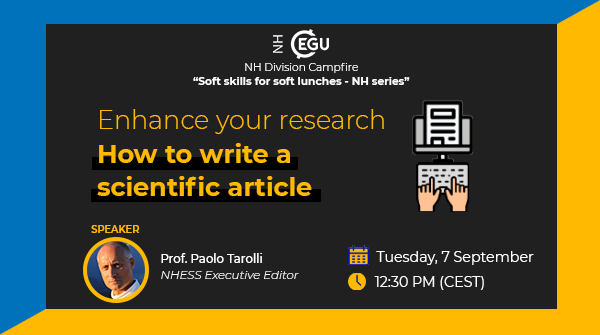Trying something new and thinking outside the box is always challenging, both within and outside academia. Exploring alternative paths outside academia can be daunting, but you can also have a great time seizing every opportunity available. To shed a bit of light on this quest, it is my pleasure to interview Dr Alka Tripathy-Lang. Thank you, Alka, for accepting this interview! Alka received her Ph ...[Read More]
Natural Hazards 101: Multi-hazards and multi-hazard risk

With the Natural Hazards 101 series, we mean to bring our readers closer to the terminology often used in the field of natural hazards, but that may not be so familiar. In the first episode of the series, we focused on the definition of hazard and natural hazard. We moved then to the concepts of risk, disaster risk management, and the forecasting and modelling of natural hazards. In this episode, ...[Read More]
The road to successful scientific writing for early-career scientists
The world of research is highly competitive, and early career scientists face many challenges while trying to carve out a successful career path. Writing scientific articles is one of those challenges. Prof. Paolo Tarolli (University of Padova) shared his personal experience on “How to write a scientific article” with 130 attendees last 7th September, during the first Campfire event, & ...[Read More]
Paving the way for climate resilience: what can we learn from the coronavirus pandemic?
Even though significant epidemics and pandemics have been recorded many times throughout human history, the Covid-19 pandemic demonstrated how vulnerable our societies still are. While the consequences of the pandemic are still ongoing, the global response so far can potentially offer some insights to support climate change response. Undoubtedly, the world is already experiencing a wide range of c ...[Read More]


